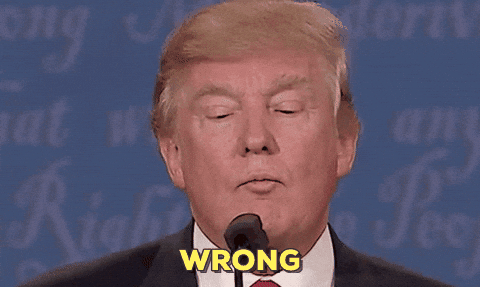- Joined
- Mar 8, 2018
- Messages
- 5
- Reaction score
- 6
- Points
- 1,551
Advertisement - Members don't see this ad
DO NOT QUOTE
I'm not sure if I'm the only one who feels this way, but does anyone else feel like psychiatry is a pseudoscientific field?
I've seen how psychiatrists diagnose patients, based on a collection of symptoms and are very subjective not only to the patient themselves, but also to the physician, particularly in depression.
I rarely see psychiatrists factor in the patients' environment, how much of their illness, like depression, is because of just certain personality traits (that are fiercely resistant to change)?
There is absolutely no objective way to tell if anyone is depressed, have anxiety, OCD, depersonalization, and so on. There is no biomarker to confirm the illness, or if the patient was cured.
They throw all these terms at you like they know what they’re talking about, they prescribe meds that supposedly cover a very broad range of symptoms but work only like 40% of the time and often result in much more side effects, and from there psychiatrists play a guessing game and suggest trying a different med. This goes on and on, and the poor patients get their hopes up with every new attempt and soon get those hopes crushed again, leaving them feeling helpless and in distraught.
I feel for the patients, mental illnesses are stressful and can be very isolating. I do not undermine their suffering, I question the efficiency of psychiatry as a field.
I'm not sure if I'm the only one who feels this way, but does anyone else feel like psychiatry is a pseudoscientific field?
I've seen how psychiatrists diagnose patients, based on a collection of symptoms and are very subjective not only to the patient themselves, but also to the physician, particularly in depression.
I rarely see psychiatrists factor in the patients' environment, how much of their illness, like depression, is because of just certain personality traits (that are fiercely resistant to change)?
There is absolutely no objective way to tell if anyone is depressed, have anxiety, OCD, depersonalization, and so on. There is no biomarker to confirm the illness, or if the patient was cured.
They throw all these terms at you like they know what they’re talking about, they prescribe meds that supposedly cover a very broad range of symptoms but work only like 40% of the time and often result in much more side effects, and from there psychiatrists play a guessing game and suggest trying a different med. This goes on and on, and the poor patients get their hopes up with every new attempt and soon get those hopes crushed again, leaving them feeling helpless and in distraught.
I feel for the patients, mental illnesses are stressful and can be very isolating. I do not undermine their suffering, I question the efficiency of psychiatry as a field.

